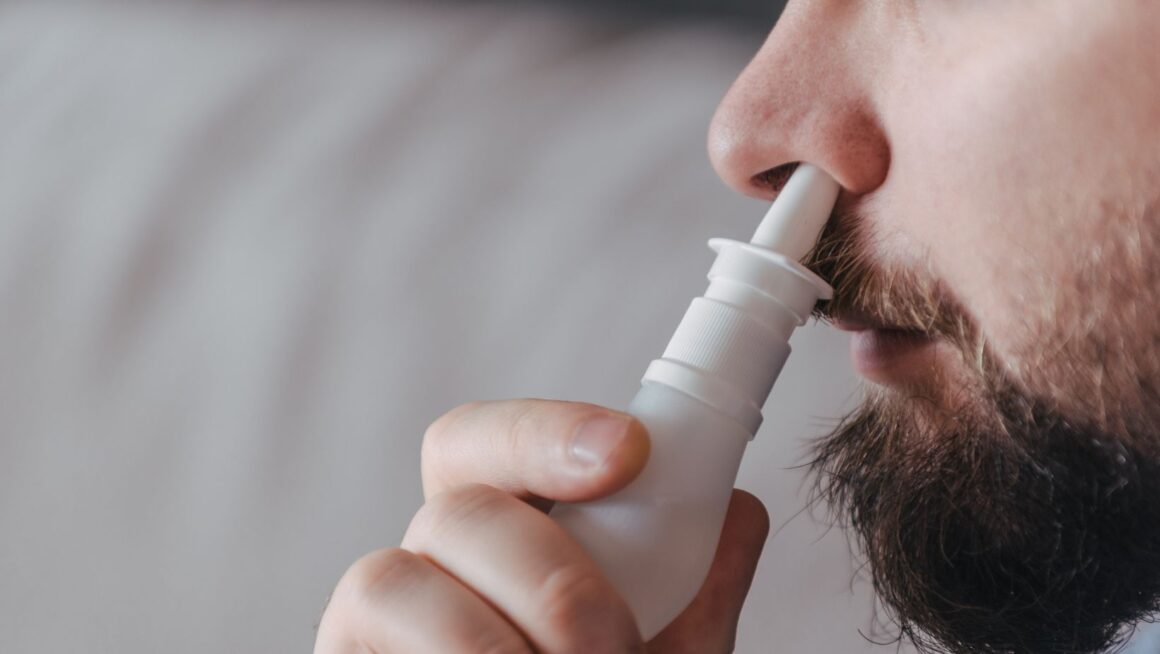
Allergies rarely pause for travel plans. A sudden flare-up on the plane or during a humid afternoon in Singapore can turn a smooth trip into a struggle. Stuffy airways, sneezing fits, and watery eyes make it harder to rest or enjoy the journey.
Relief usually comes down to two options: a nasal spray or an oral tablet. Both work, but they work differently. Understanding those differences helps you decide which option fits best for your travel needs.
How Each Option Works
Tablets work through your whole body. They enter the bloodstream and then reach the nose. They reduce itching, sneezing, and a runny nose. They can also ease watery eyes. Tablets often take up to an hour to act.
Nasal sprays act where the problem starts. They reach the nasal lining directly. Many sprays reduce local swelling within minutes. Steroid sprays reduce inflammation, but they need days of regular use to reach full effect. Saline sprays clear and moisturize without drugs. For quick, local relief, sprays generally work faster than pills.
Speed and Symptom Control
If congestion blocks your breathing, a local spray usually clears the nose sooner. If your main issue is full-body allergy symptoms, like hives or itchy eyes, an oral antihistamine may help more. Combining a non-drowsy tablet with a targeted spray gives many travelers balanced control. Clinical reviews find that sprays often outperform pills for nasal symptoms.
Side Effects and Safety
Tablets can cause drowsiness with older medicines. Newer antihistamines tend not to. Nasal sprays can sting or cause dryness. Decongestant sprays that you use for more than a few days risk rebound congestion. Follow label advice and avoid extended, unsupervised use of medicated sprays. If symptoms persist, seek professional advice.
Technique Matters for Sprays
A spray works best when you use it correctly. Tilt your head slightly forward. Aim the nozzle away from the middle of your nose. Breathe in gently as you spray. Wipe the tip after use and replace the cap. These small steps help the medicine reach the right spot and reduce irritation.
Practical Travel Considerations for Singapore
Pack what you use. Keep medicines in the original packaging and carry the leaflet. Singapore requires travellers to check whether certain medicines need approval before entry. If you bring prescription or controlled drugs, check the Health Sciences Authority guidance and apply for approval when necessary. Carry a doctor’s note when you can. These steps avoid delays at customs and protect your trip plans.
Choosing Flight Comfort
On a plane, cabin air can dry and irritate nasal passages. A saline spray helps moisten the nose. A single quick-acting decongestant spray can ease severe blockage before sleep, but use it sparingly.

An oral antihistamine that is non-drowsy keeps you alert while you sightsee. Match the medicine to the task: sleep, sightseeing, or long transfers.
Simple Decision Guide
• If you need fast relief for blocked breathing: choose a nasal spray.
• If you face whole-body allergy symptoms: consider an oral antihistamine.
• If you plan a long stay or have chronic rhinitis: discuss steroid nasal sprays with a clinician.
• If you must pass customs or bring large supplies: check Singapore’s HSA rules first.
Final Thought
Both tablets and sprays have clear strengths. Sprays win for local, quick relief, while tablets cover systemic symptoms. Keep a saline spray on hand for flights and a tablet for daytime control. Read labels, use the correct technique, and verify travel rules before you leave. With the right choices, allergies need not spoil the journey.










